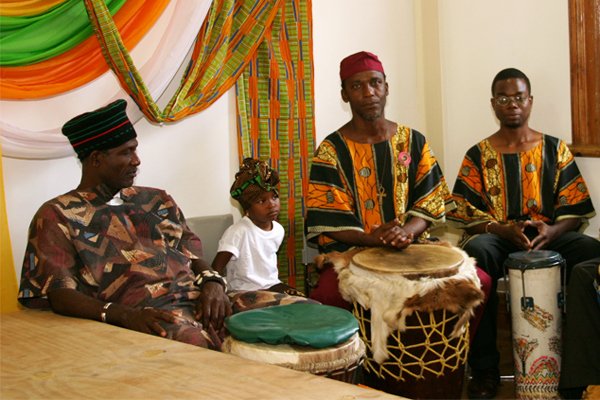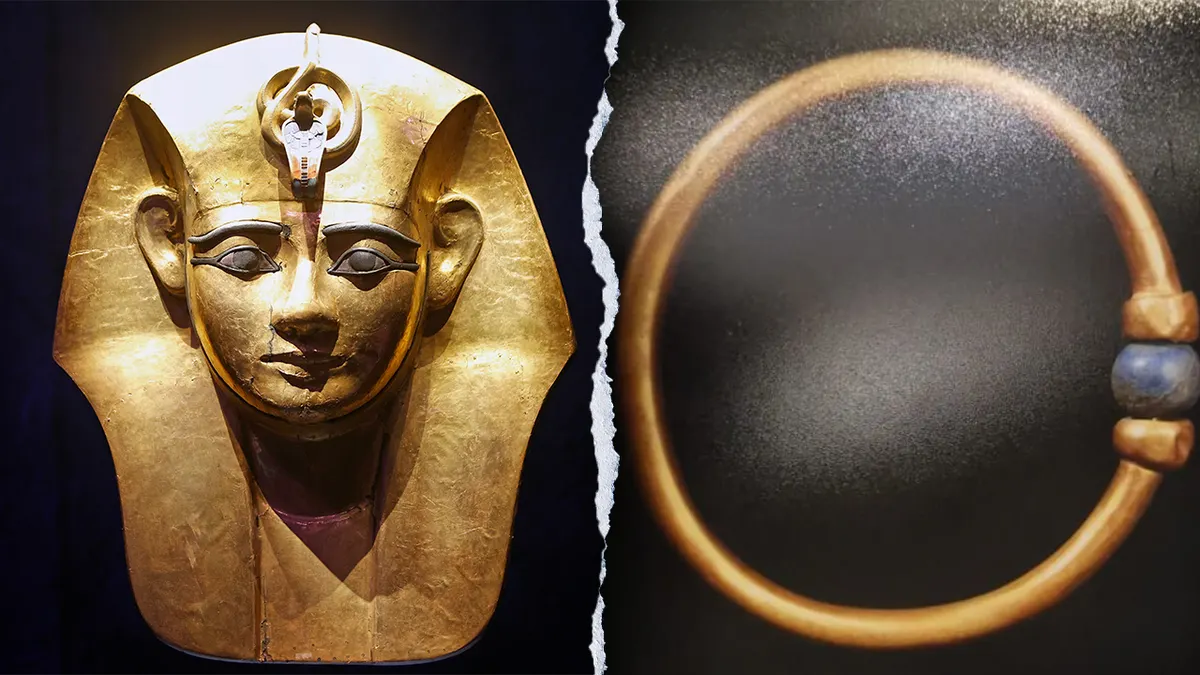The vibrant streets of Port of Spain came alive with the sound of drums and a burst of African colors on Friday as Trinidad and Tobago gathered to mark Emancipation Day.
This day honors the abolition of slavery in the British Empire on August 1, 1834, and is recognized in several Caribbean nations as well as in Canada.
Trinidad and Tobago holds the distinction of being the first nation to declare it a public holiday.
This year’s celebration carried the theme “Shaping sustainable futures through reparatory justice,” aligning with the African Union’s announcement of 2025 as the “Year of Justice for Africans and People of African Descent Through Reparations.”
Yet, for many in Trinidad, the day is deeply rooted in pride and remembrance of their African heritage.
“My ancestors went through a lot, and well they fought very hard for us to be able to have this holiday today,” said Kabira Floyd, a student who joined in the parade.
The United Nations estimates that between 25 million and 30 million Africans were forcibly taken for slavery to work primarily on plantations throughout the Caribbean, the Americas, and the southern United States.






